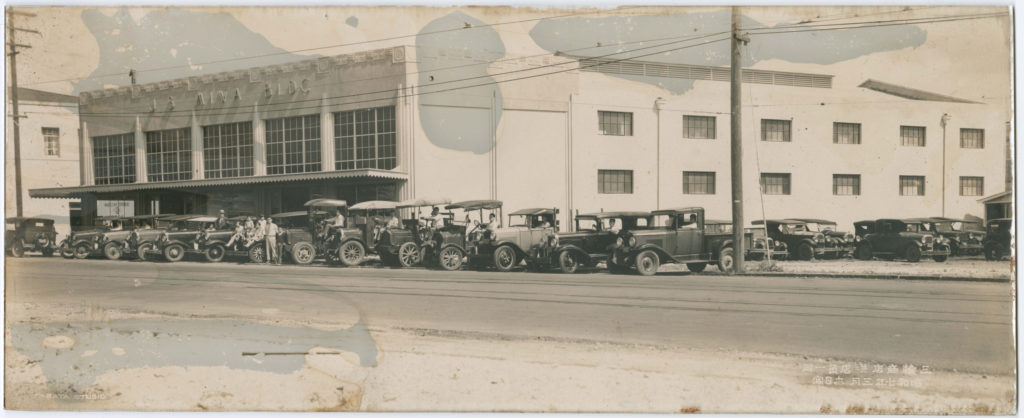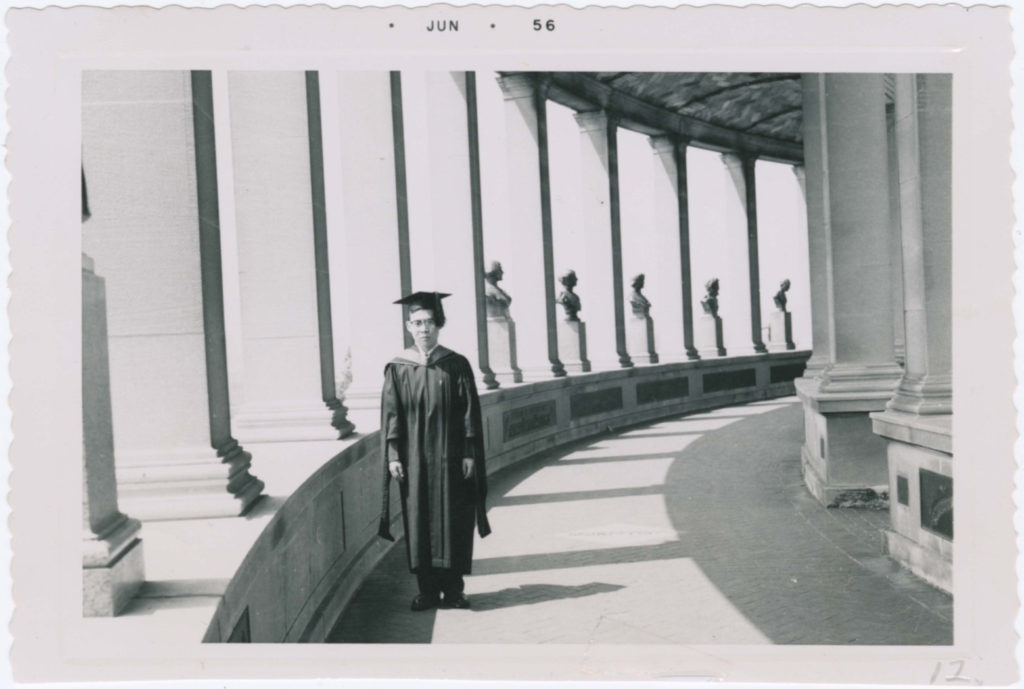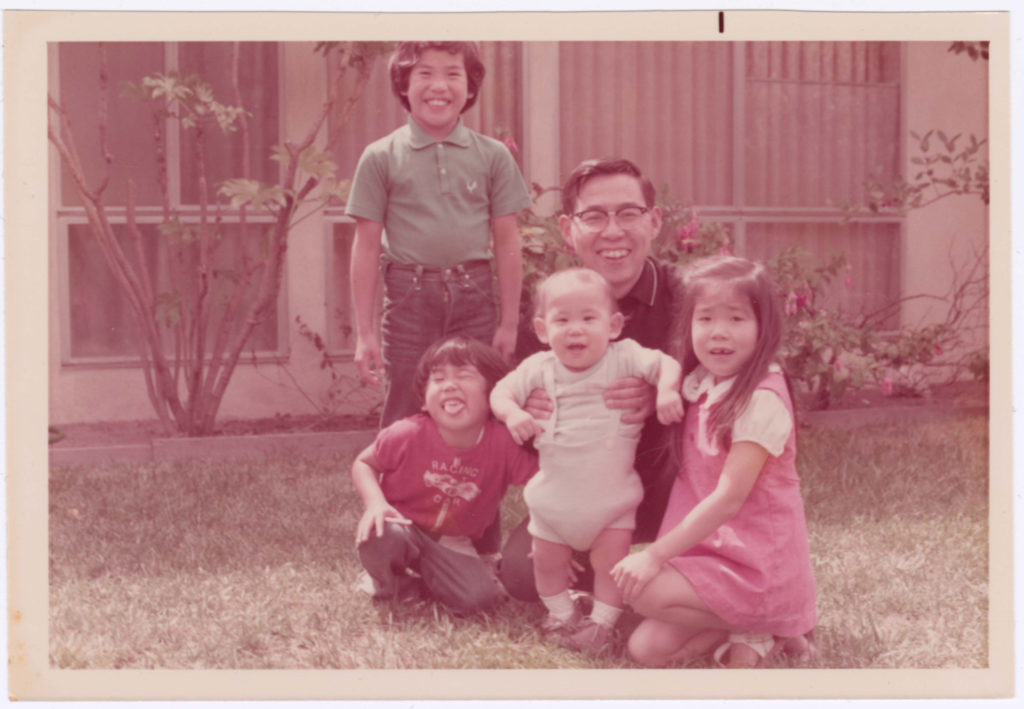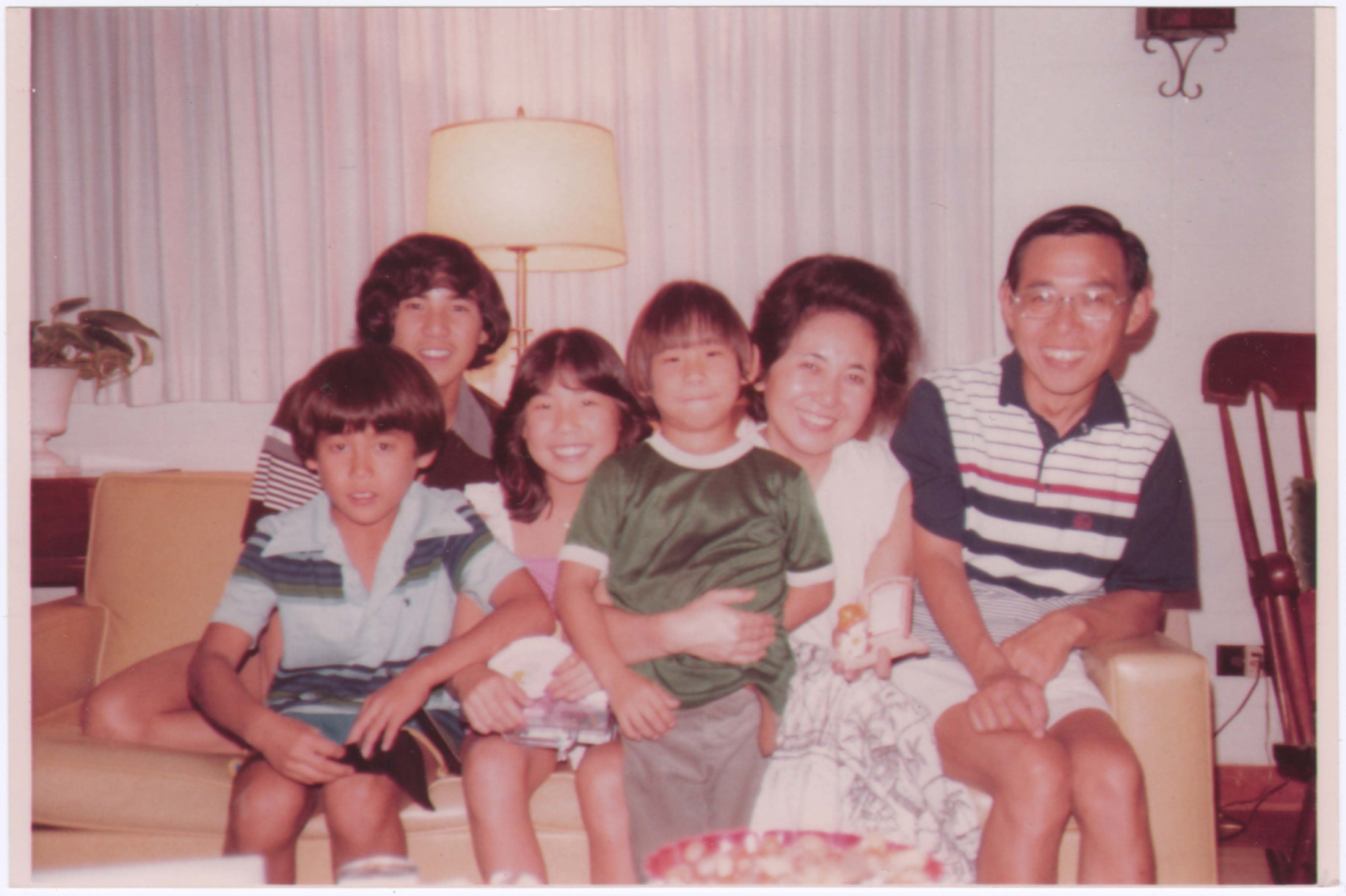July 13, 2022
The James Seigo Miwa Family Collection is a new and fascinating addition to the Densho Digital Repository. It includes family photos and documents relating to Miwa’s detainment as an “enemy alien” during WWII, and his Nisei son Lawrence’s lawsuit to recover the family business from the US government years later.
James Seigo Miwa was born in Japan in 1897. In 1914, he came to Hawai`i to work in the family business, eventually building a successful import-export food business between Japan, Hawai`i, and San Francisco. He had four children born in Hawai`i, and resettled his family back to Hiroshima to be with their grandfather and to learn Japanese, while continuing to travel back and forth between Japan and the US, working to build a better life for the next generation.

Because of his position in the community, his continuous travel between the two countries, and his strong business, the US placed him on the Custodial Detention List as a potentially “dangerous” individual. A few months after Pearl Harbor, James was picked up by the FBI and interned at a series of detention centers, finally ending up in the US Army Internment Camp in Lordsburg, New Mexico. In 1943, James was exchanged as a prisoner of war and repatriated to Japan, and soon made his way back to Hiroshima to his family.
The Miwa family managed to survive the atomic bomb because they were in a concrete building further out from the center of the blast. James’ son, Fumio Lawrence Miwa, was just a teenager at the time, and documented the bombing and its devastating aftermath in his diary.

After the war, James was unable to return to Hawai`i to run his business, so he sent his two children, Kiyoko (Katherine) and Lawrence, because they were US citizens. The two arrived in Hawai`i and found that their father’s business had been confiscated by the government. Arriving in Hawai`i primarily speaking Japanese and with no money to his name, Lawrence worked his way through high school at the Mid-Pacific Institute, working in the school cafeteria and cleaning to cover his tuition. He went on to study business at Denver University and NYU, and worked in New York for some time before going back to Japan to marry and moving to California to start a family.
Lawrence eventually moved his family back to Hawai`i, where he attempted to recover the family business from the US government. With the help of Washington, DC attorney Oliver Stone, he was able to find a lawyer and file a lawsuit claim against the Office of Alien Property. The case continued for years and went on to the highest court of New York, where they lost the case. Lawrence was devastated that he was unable to recover the family business without restitution or compensation.

Thank you to Lawrence’s son, Stephen Miwa, for sharing this little-known piece of Japanese American history — and to the Densho archivists working to preserve unique stories like these to ensure that this history stays alive!
Explore the full James Seigo Miwa Family Collection here, and read more in Tom Coffman’s biography of the Miwa family, Tadaima! I Am Home. And make sure to sign up for the Family History Newsletter for family history resources, archives news, new collections, and events related to genealogy.
—
By Kristi Nakata, Densho Marketing Manager
[Header: The Miwa family c. 1970s. Courtesy of the James Seigo Miwa Family Collection.]

